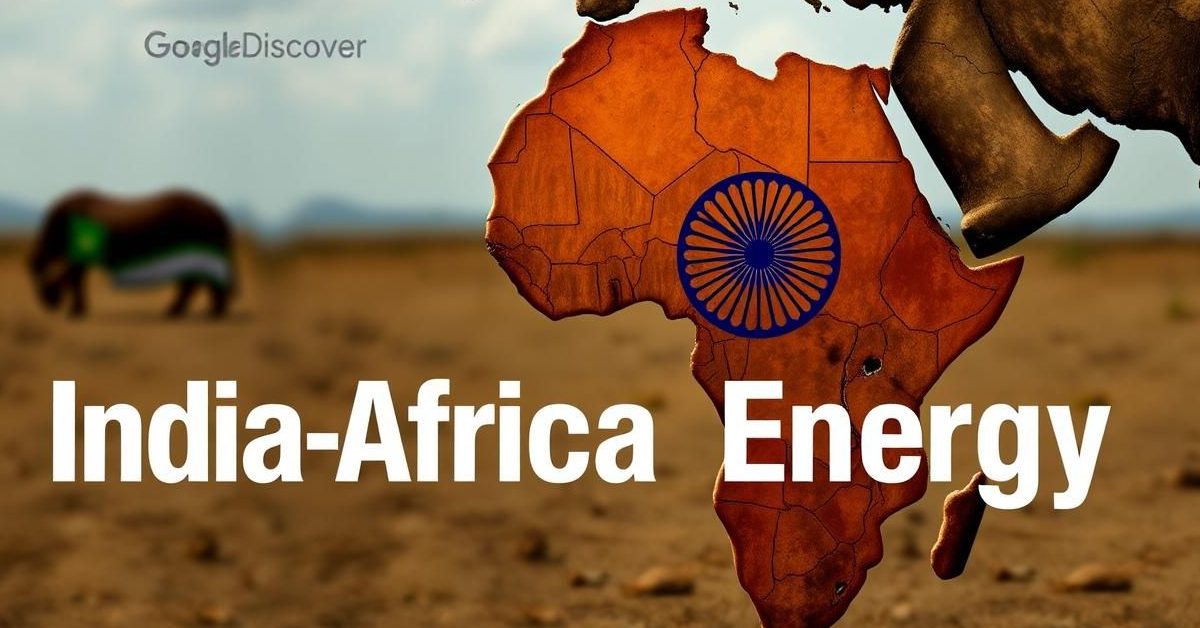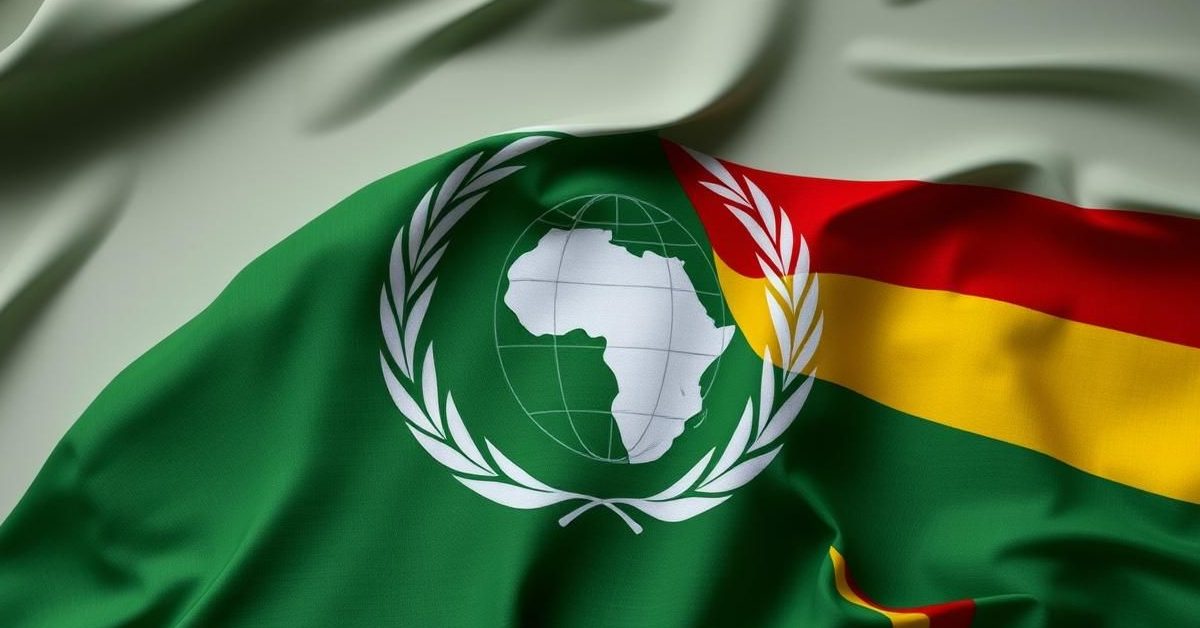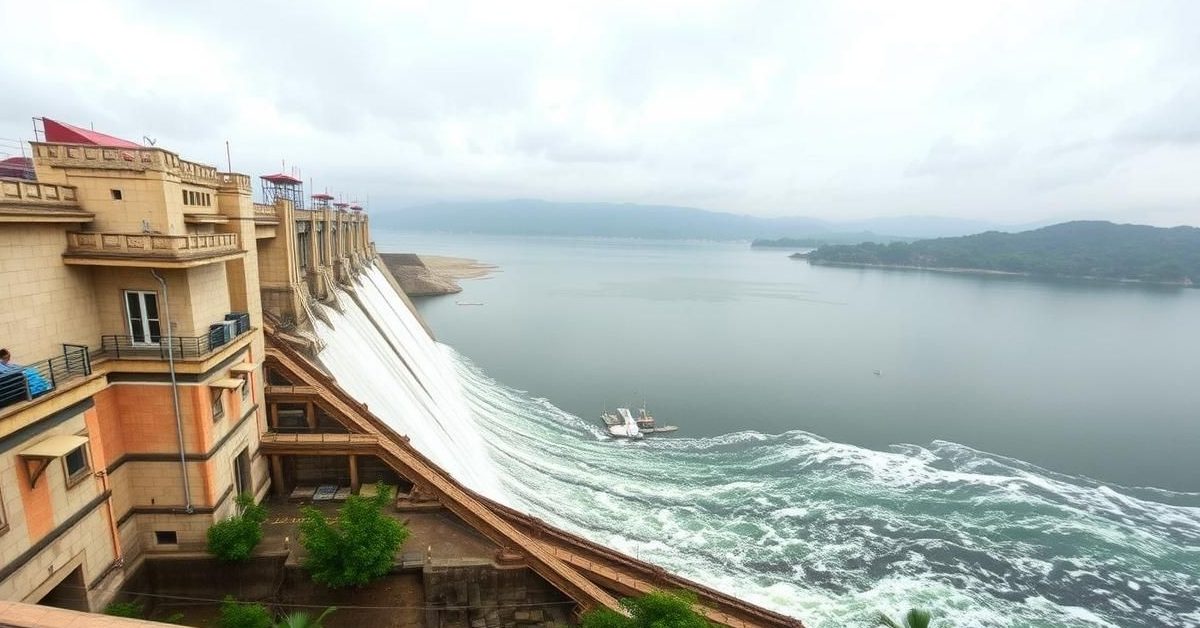The energy partnership between India and Africa is emerging as a powerful example of South-South cooperation, fostering mutual growth and addressing critical energy needs.
Fueling India’s Growth: Africa’s Vital Role
Africa holds significant global reserves of coal, natural gas, and oil, alongside nearly two-thirds of the world’s critical minerals like platinum, cobalt, and lithium. These resources are crucial for the ongoing global energy transition.
For instance, South Africa provides 70% of the world’s platinum, essential for hydrogen fuel cells. The Democratic Republic of Congo is a major source of cobalt, a key component in battery production. India, with its growing economy, sees Africa as a vital partner for diverse and stable energy supplies.
Indian public sector entities, like ONGC Videsh Ltd. and Oil India Ltd., have made substantial investments in Africa’s oil and natural gas sectors. This engagement has seen bilateral trade reach USD 100 billion in 2022, with energy a significant portion. India’s cumulative investments, currently USD 75 billion, are projected to double by 2030, heavily driven by the energy industry.
Unlocking New Energy Avenues: Nuclear Power
Beyond traditional fossil fuels, nuclear energy offers another promising avenue for deeper collaboration. India, with its limited uranium reserves, relies on imports to fuel its nuclear power program.
Several African nations, including Namibia, South Africa, Niger, Nigeria, and Malawi, possess vast, underexploited uranium deposits. Niger, Namibia, and South Africa alone contribute 18% of global uranium reserves. With India’s waiver from the Nuclear Suppliers Group (NSG), uranium trade can be streamlined.
In return, Africa can leverage India’s expertise and technology to develop its own civil nuclear energy programs, enhancing its energy security and development.
Bridging Africa’s Energy Gap
Despite its abundant resources, energy poverty remains a major challenge across Africa, hindering socioeconomic progress. Over 600 million Africans currently lack access to electricity, a number that could reach 530 million by 2030 if current trends persist.
Africa consumes only 3.3% of global energy, despite accounting for 16% of the world’s population. This highlights a stark disparity that India can help address. India is uniquely positioned to offer affordable, scalable, and sustainable energy solutions tailored to Africa’s needs.
While natural gas will continue to meet industrial demands, there’s a growing emphasis on clean energy. Africa is particularly vulnerable to climate change, making a shift to renewables crucial for its future development.
A Partnership for Renewable Energy
India and Africa are deepening their collaboration in renewable energy, especially solar power. A significant milestone was the establishment of the International Solar Alliance (ISA) in March 2018, co-founded by India and France.
The ISA has grown into a robust platform with 120 signatory members, including 46 African countries. India also committed a USD 2 billion Line of Credit during the 2015 India-Africa Forum Summit to support solar projects across the continent.
Training African solar engineers through the Indian Technical and Economic Cooperation (ITEC) program is another key initiative. Furthermore, grassroots innovations, like those by The Energy and Resources Institute (TERI) and Barefoot College, empower rural African women to become solar engineers, installing and maintaining solar systems in their villages.
- Africa holds significant global energy and critical mineral reserves vital for global energy transition.
- India is investing heavily in African energy, with trade reaching USD 100 billion and investments projected to double to USD 150 billion by 2030.
- Cooperation extends to nuclear energy, with India seeking uranium imports and offering technological know-how to African nations.
- India is helping Africa address energy poverty by providing affordable, scalable, and sustainable clean energy solutions.
- Initiatives like the International Solar Alliance and grassroots training programs highlight a strong commitment to renewable energy development.
This evolving India-Africa energy partnership, blending technological expertise with vast resource potential, offers a compelling model for effective South-South cooperation, powering mutual progress and climate resilience.















